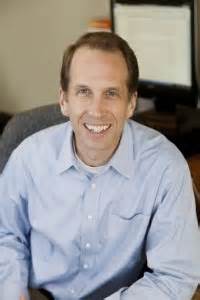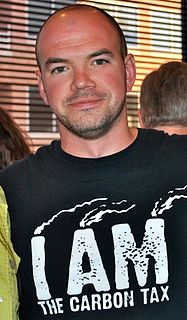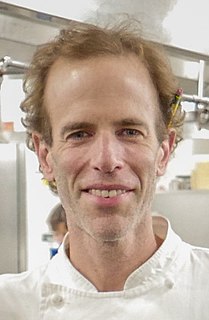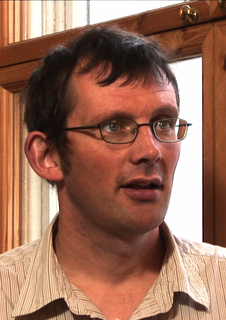A Quote by Vandana Shiva
The system of technological production that we have today has been justified in terms of creating more goods to feed more people and to meet more needs. But it actually destroys more of the resources that we need in order to meet those multiple needs. If we shift to an ecological perception, a diversity perception, we realize that some of the instruments of which we are very proud are actually extremely primitive for dealing with nature. To me that is the great lesson of ecological awareness at the turn of the millennium.
Quote Topics
Actually
Awareness
Been
Creating
Dealing
Destroys
Diversity
Ecological
Extremely
Feed
Goods
Great
Instruments
Justified
Lesson
Me
Meet
Millennium
More
More People
Multiple
Nature
Need
Needs
Order
People
Perception
Primitive
Production
Proud
Realize
Resources
Shift
Some
System
Technological
Terms
Those
Today
Turn
Very
Which
Related Quotes
I think that the needs of the VA and the needs of the veteran community are very, very significant. ?e're talking about a VA system in which, in the last years a million-and-a-half more people have come into the system. You're dealing with 500,000 people have come home from Iraq an Afghanistan with PTSD and TBI. You're dealing with an older veterans population from World War II and Korea who need some difficult medical help. We want to see it be more efficient. We want to see doctors go to where they're needed.
The population explosion is an ecological phenomenon of displacement. Unless we solve that ecological problem of displacing people - to build huge dams, to build motorways, to take away what people need in order to survive - we will keep pumping more and more money into population programs. We will have more and more coercive and violent methods through which women's bodies are treated as experimental grounds for new contraceptives. Yet we will not have a solution to the problem of numbers.
Throughout the world today there is a gowing awareness of the failings of the Western model of development and a corresponding desire to look for more human-scale, ecological ways of living. If Ladakh now succeeds in creating for itself a future which retains the foundations of its traditional past, it will be an inspiring example of how all the various elements of an ecological future fit together.
Some day no one will have to work more than two days a week... The human being can consume so much and no more. When we reach the point when the world produces all the goods that it needs in two days, as it inevitably will, we must curtail our production of goods and turn our attention to the great problem of what to do with our new leisure.
Excess consumption doesn't make people happy. We can continue to provide for our needs, but we can't continue the endless pursuit of ever more consumer goods. There is no energy source that can provide enough consumer goods to meet our human and emotional needs; there never has been, and that's why it's been such a fruitless pursuit.
Have you seen Cowspiracy? It takes a lot more land to feed a meat eater than to feed a vegan or a vegetarian. It's something I'd love to get into but it's very hard to persuade people to stop things they've been doing for a long time. So maybe it needs to start with the next generation. Everyone needs to raise their children with a bit more responsibility.
The ecological crisis we face is so obvious that it becomes easy...to join the dots and see that everything is interconnected. This is the ecological thought. And the more we consider it, the more our world opens up." The ecological thought "...is a vast, sprawling mesh of interconnection without a definite center or edge. It is radical intimacy, coexistence with other beings, sentient and otherwise.
When you take the entire system into account, ways of developing more of something in one dimension can actually create scarcities in another. If we say we have to increase production because people need more food, more housing, more meat, or more milk, we can make one thing grow in a certain way. But by doing that we create externalities so that there are scarcities in other related things.
Perception without the word, which is without thought, is one of the strangest phenomena. Then the perception is much more acute, not only with the brain, but also with all the senses. Such perception is not the fragmentary perception of the intellect nor the affair of the emotions. It can be called a total perception, and it is part of meditation.
































